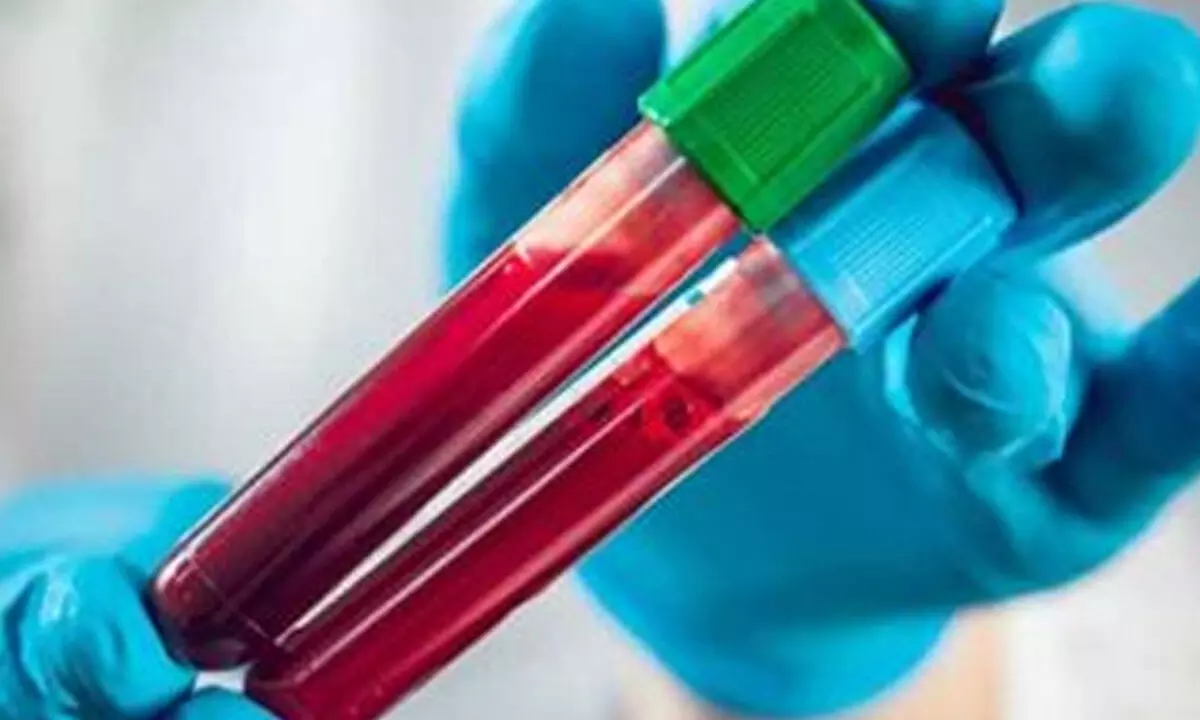SGPGIMS to provide free DNA testing for hepatitis
Share :

The Sanjay Gandhi Post Graduate Institute of Medical Sciences (SGPGIMS) will be providing free DNA testing for hepatitis B and RNA testing for hepatitis C, at the Department of Hepatology, it was announced on Thursday.
Lucknow: The Sanjay Gandhi Post Graduate Institute of Medical Sciences (SGPGIMS) will be providing free DNA testing for hepatitis B and RNA testing for hepatitis C, at the Department of Hepatology, it was announced on Thursday.
The cost of these tests would be borne by the Uttar Pradesh Government through the National Viral Hepatitis Control Programme (NVHCP).
The patients willing to avail these services need to register themselves in the hepatology OPD.
Officials said that the Centre has pledged to achieve countrywide elimination of hepatitis C by 2030.
Hepatitis C, a liver disease caused by the hepatitis C virus, is transmitted through exposure to infected blood in case of blood transfusion, use of infected blood and blood products, use of contaminated injections during medical procedures and through injection drug use.
There is no vaccine to save oneself from the hepatitis C virus.
According to estimates from the Union Health Ministry, over 1.32 crore Indians are infected with hepatitis C. Of these, nearly 10 lakh are in UP.
Professor RK Dhiman, Director, SGPGI, expressed his happiness on this initiative taken by the department and hoped that patients suffering from hepatitis B and C would benefit from the free investigations and treatment facilities.
Till now, the King George’s Medical University was the only centre in Lucknow to extend the facility. There are seven such centres in UP and 75 in India.
For the patient, free testing would translate into savings to the tune of Rs 3,500-3,800 which is the cost of conducting a test at the institute, but which is much more in the open market.
The bigger issue is that outcomes of the same tests in the private sector are clouded by doubt, which affects treatment.
The key reasons behind this include transportation issues, quality of reagents, skipping confirmatory and verification stages.







